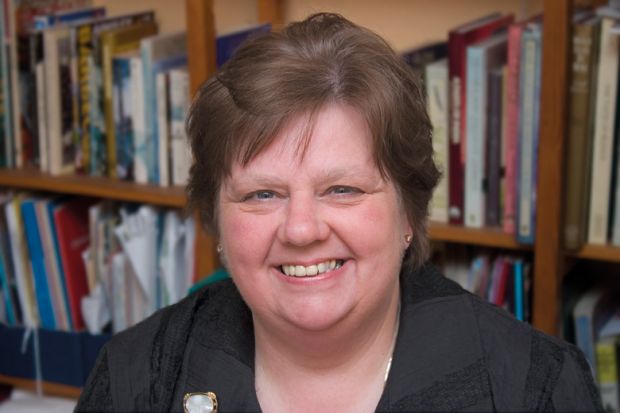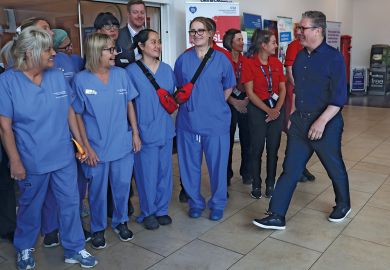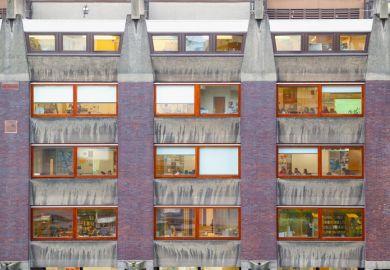Annette Cashmore was born in Bloxwich, West Midlands, on 3 March 1958 and educated in Walsall before becoming the first person in her family to attend university when she took a degree in biological sciences at the University of Sussex (1979).
She followed this up with a PhD in yeast genetics at a National Institute for Medical Research laboratory in Mill Hill (1984) and joined the Leicester Biocentre as a research associate (1983-87).
The biocentre is an institute linking industry and the academy that forms part of the University of Leicester, where Professor Cashmore went on to spend her whole career. After serving as a temporary lecturer in genetics (1987-91) and setting up a research group investigating the fungal pathogen Candida albicans, she was promoted to lecturer (1991-97), senior lecturer (1997-2006) and, from 2008, professor of genetics education. She also served as sub-dean of the Faculty of Medicine and Biological Sciences (2003-09).
Always deeply committed to teaching as well as research, Professor Cashmore created a number of new courses aimed at students seeking careers in the non-clinical medical sciences. This made her an obvious choice to become head of department (2001-06).
She used the position to oversee a significant expansion and create a new Institute of Genetics. She also set out her views on promoting public understanding of science in a paper on genetics, science and society that won the Queen’s Anniversary Prize in 2002.
This in turn led Professor Cashmore to lead an application for a Centre of Excellence in Teaching and Learning (CETL).
When this was established as GENIE (Genetics Education Networking for Innovation and Excellence), she became acting director (2005-06) and then director. Her eminence was recognised by the Higher Education Academy with a National Teaching Fellowship in 2008. She also received an honorary doctorate in education from Newman University (2014).
Sir Bob Burgess, Leicester’s vice-chancellor from 1999 to 2014, recalled Professor Cashmore as someone who “took on numerous roles in the university with great success” and was “always friendly, helpful and supportive. She is a great loss as she had much to contribute to current debates on teaching and learning.”
After suffering from multiple sclerosis for many years, Professor Cashmore was forced to use a wheelchair, although this did little to curb the pace of her many activities. She died of a heart attack on 26 May and is survived by her husband and collaborator, fellow Leicester geneticist Chris Cane, and their two sons.
Register to continue
Why register?
- Registration is free and only takes a moment
- Once registered, you can read 3 articles a month
- Sign up for our newsletter
Subscribe
Or subscribe for unlimited access to:
- Unlimited access to news, views, insights & reviews
- Digital editions
- Digital access to THE’s university and college rankings analysis
Already registered or a current subscriber? Login





